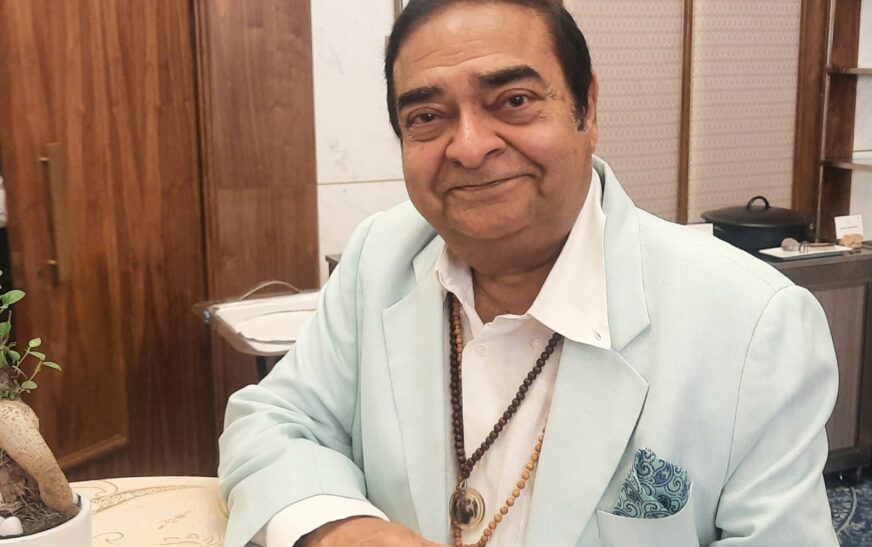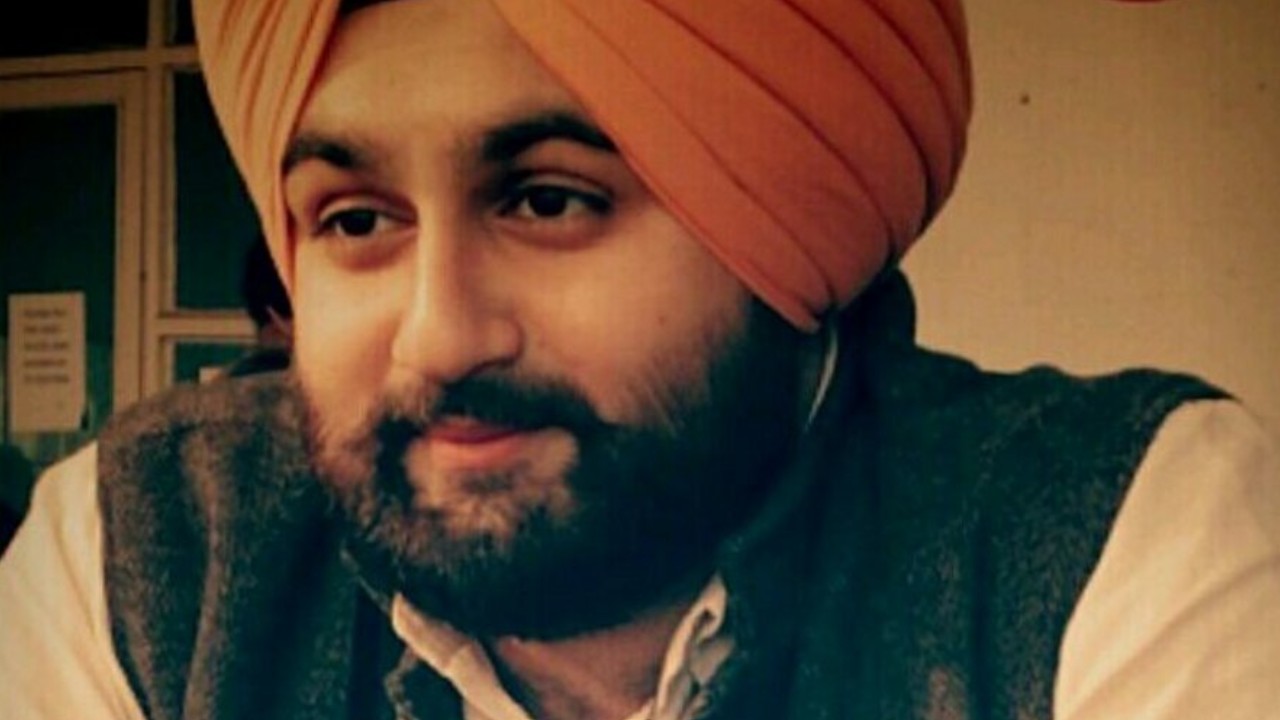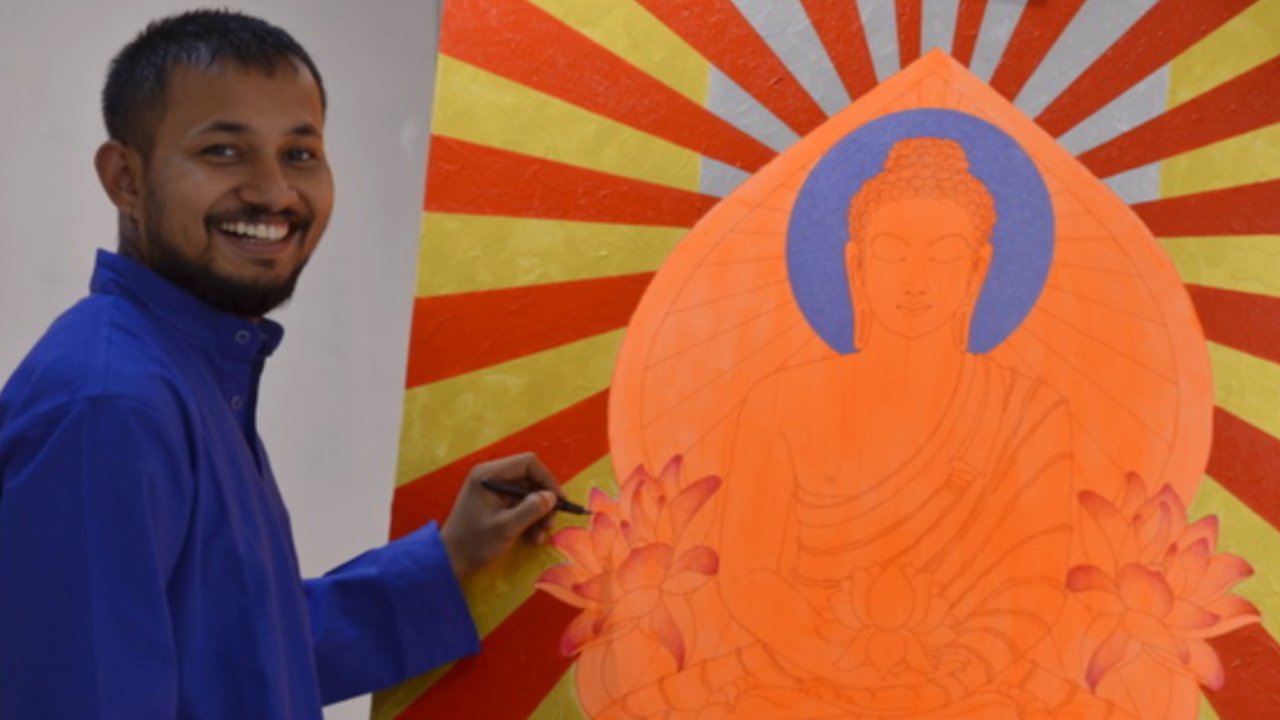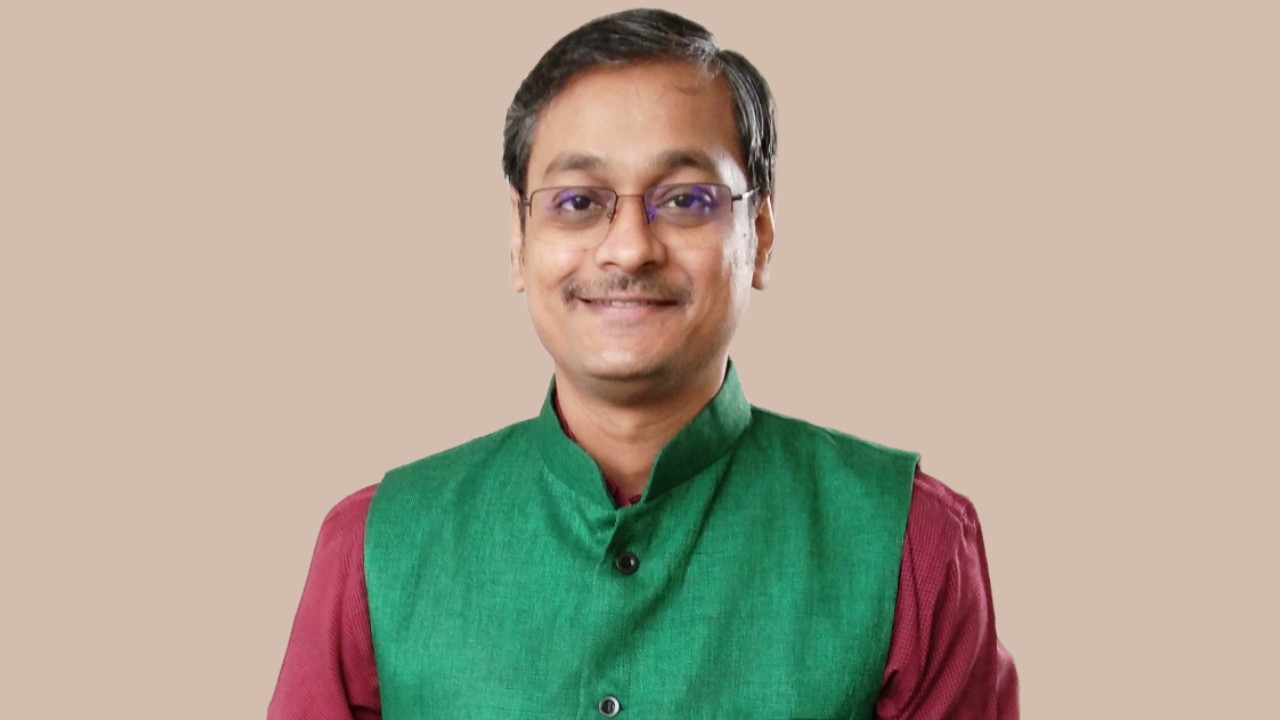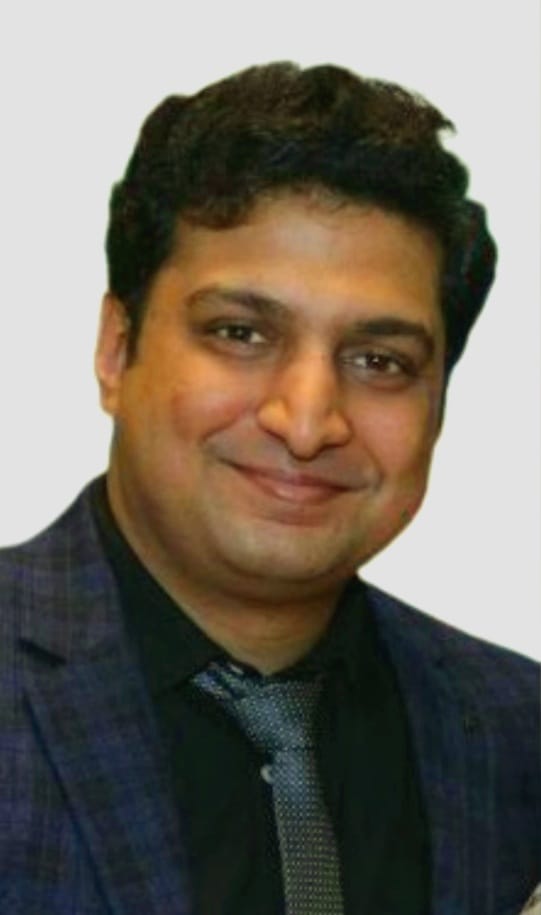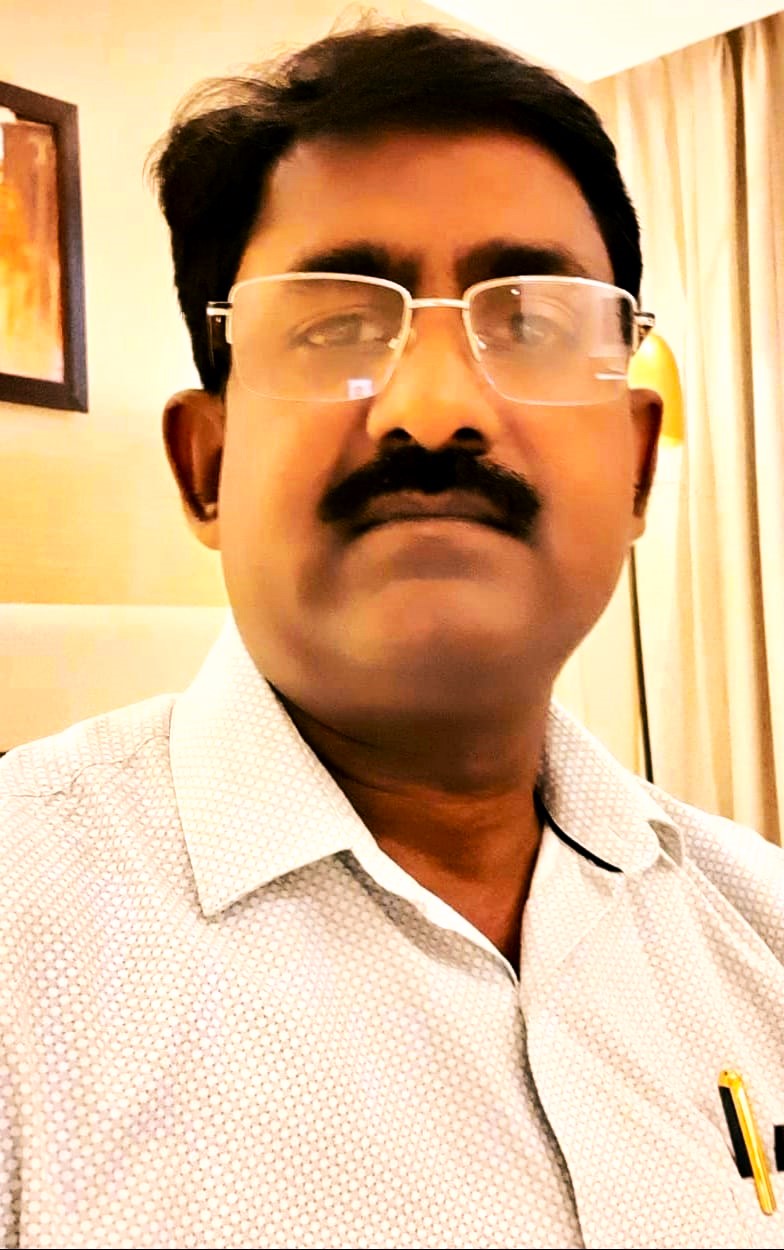Dr. Mukesh Batra stands as a paragon of entrepreneurial acumen and visionary prowess in the realm of homeopathy. As the Founder and Chairman Emeritus of Dr Batra’s Healthcare, he has orchestrated a paradigm shift in the homeopathy landscape, both in India and across the globe. His fervor for holistic medicine was evident early on, culminating in his medical degree from the Bombay Homeopathic Medical College in 1974.
In 1982, he established Dr Batra’s, which has burgeoned into the preeminent global network of homeopathy clinics, boasting over 200 centers both domestically and internationally. Dr. Batra’s pioneering efforts to meld homeopathy with cutting-edge technology and empirical practices have redefined industry benchmarks. His unwavering dedication to superior healthcare has earned him numerous accolades, notably the Padma Shri in 2012, in recognition of his monumental contributions to medicine.
A committed philanthropist, Dr. Batra channels his benevolent energies through Dr. Batra’s Foundation, championing causes that span health, education, and the empowerment of marginalized communities. An erudite author and orator, his oeuvre includes several books and a plethora of articles on homeopathy and healthcare management. Dr. Mukesh Batra’s enduring legacy continues to illuminate and shape the future trajectory of holistic medicine on a global scale.
In an exclusive dialogue with The Interview World, Dr. Mukesh Batra elucidates the efficacy of homeopathy as an alternative medicine, emphasizes its safety profile, and underscores the scientific rigor underpinning homeopathic pharmacopeia. Additionally, he provides a glimpse into the insights encapsulated in his latest literary work. The key takeaways from his interview are as follows.
Q: How do you envision the future of this homeopathic medicine in terms of its efficacy, acceptance, and potential advancements?
A: An extraordinarily promising future beckons in the world of homeopathy. According to the World Health Organization, this system of medicine has already ascended to the status of the second-largest globally, notwithstanding its nascent emergence. Astonishingly, it burgeons at a prodigious rate of 25%, vastly eclipsing the meagre 5% to 10% growth of other industries.
From this vantage point, the horizon appears exceptionally auspicious. Two additional factors of paramount importance further underscore this optimistic outlook. First, we confront the escalating menace of antimicrobial resistance or AMR. Moreover, the profligate misuse of antibiotics has precipitated a widespread phenomenon of antimicrobial resistance, thereby rendering these pharmacological marvels ineffectual in critical situations. Although antibiotics retain their utility in certain scenarios, indiscriminate self-medication inexorably leads to their impotence when genuinely indispensable.
We are currently grappling with the repercussions of such imprudence. Hence, supplanting antibiotics with more benign medicinal systems becomes imperative. Moreover, the prevalent proclivity for administering a pill for every ailment engenders a plethora of additional maladies due to deleterious side effects. This pernicious phenomenon, medically termed iatrogenic disorders, results in the lamentable demise of approximately 300 individuals daily in America alone, attributable to adverse drug reactions. Consequently, there is a burgeoning quest for safer, more efficacious alternatives.
Q: What are the safety considerations associated with homeopathy?
A: Homeopathy stands as a paragon of safety among medical systems, garnering global favor. Its burgeoning popularity underscores a shift towards holistic healthcare solutions. In an era where stress pervades daily life, homeopathy emerges as a compelling antidote.
Contrary to chemical treatments fraught with side effects or dismissive attitudes towards stress-related ailments, homeopathy offers a comprehensive remedy. Issues once trivialized—like anxiety, depression, and anger management—reveal themselves as profound medical challenges amidst today’s tumultuous world.
In India, homeopathy enjoys robust governmental backing, boasting the world’s largest practitioner base of 300,000. With 10 million steadfast adherents among its global following of 50 million, India commands a formidable 20% share of the market.
Q: Given the ongoing debate on the scientific validity of homeopathy, what is your perspective on the current body of scientific evidence supporting or refuting its efficacy and mechanisms?
A: The genesis of this narcissism can be traced back to Germany. Do you still subscribe to that notion? Indeed, it all began there.
The progenitor of homeopathy was a German MD who commenced his journey in allopathic medicine. He eventually relinquished his practice in pursuit of a safer therapeutic approach.
His dedication was resolute; he abandoned his practice outright. While its origins lie in Germany, the crux of the issue lies not in the medicine itself or its scientific basis, but in the pharmacopoeia.
Homeopathy hinges on administering minimal doses. Advocates argue these contain negligible amounts of active substance, primarily operating on a placebo effect.
This presents a formidable challenge—it becomes immeasurable beyond a certain potency. Consequently, several European nations restrict the production of medicines beyond a specified potency level, typically up to 30.
This restriction underscores the heart of the matter. However, recent research, including studies by IIT Bombay and other scientific institutions, has made significant strides in quantifying these micro-doses.
This has largely settled the debate for now, yet it remains a contentious issue.
Q: With a remarkable portfolio of ten books, could you share insights into your latest work, ‘Feel Good, Heal Good’?
A: My latest literary endeavor, “Feel Good, Heal Good,” published by Bloomsbury, represents a departure from my previous foray into homeopathy, which predominantly addressed physical health. This new work delves into the intricate realm of mental and emotional well-being.
In today’s world, where anxiety, depression, and pervasive stress afflict countless individuals, it is imperative to candidly discuss these pressing issues. A recent disheartening incident, where a person suffering from a mental disorder was found chained in a Gurdwara in Maharashtra, serves as a stark reminder of the urgent need to destigmatize mental health. Though it is an unseen affliction, its impact is palpable and its recognition paramount.
Timely intervention and proper treatment offer viable solutions to mitigate these challenges. My endeavor with this book is to foster open dialogue and dispel the entrenched taboos surrounding mental health. Even in the process of choosing its title, we deliberated extensively to sidestep any language that might perpetuate harmful stereotypes.
The unfortunate reality remains that mental health issues continue to be unfairly stigmatized in society. Through this work, I aim to confront these prejudices head-on. With mental disorders on the rise globally, alongside distressing rates of suicide, particularly among the younger generation, addressing mental health concerns is not merely advisable—it is an absolute imperative.
Q: What types of treatments are available in homeopathy for addressing mental health issues?
A: In my book, I delve into a myriad of subjects ranging from anxiety, depression, and phobias to anger and stress management, alongside the pervasive issue of loneliness. These afflictions often trace their origins to societal pressures, yet they are not insurmountable; effective treatments do exist.
The pivotal first step entails raising awareness, followed by the imperative pursuit of treatment. This dual strategy is paramount. While allopathic medications are available, their extensive side effects necessitate judicious consideration. Conversely, homeopathy offers a safe haven, promising efficacy without compromise.
In tandem with pharmacological intervention, counseling assumes profound significance. It not only provides solace but also equips individuals with essential coping mechanisms. Allopathic remedies, however, ought to be reserved for dire circumstances owing to their attendant risks. Thus, homeopathy emerges as a beacon of safety and assurance.


